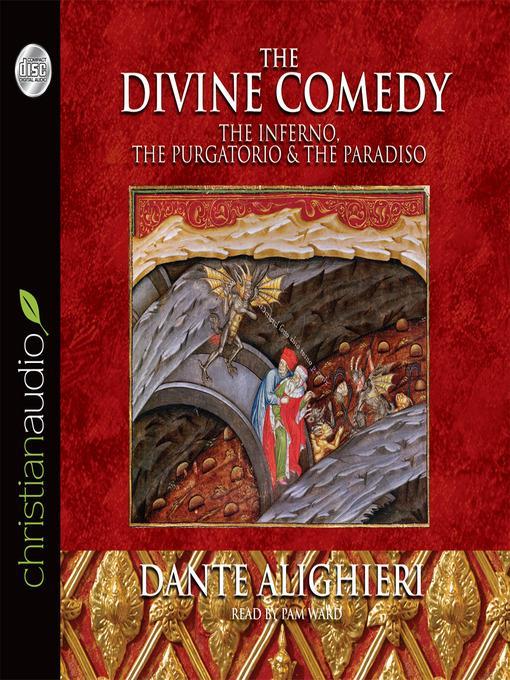
Divine Comedy
فرمت کتاب
audiobook
تاریخ انتشار
2009
Lexile Score
1220
Reading Level
9-12
نویسنده
Pam Wardناشر
christianaudio.comشابک
9781596446793
کتاب های مرتبط
- اطلاعات
- نقد و بررسی
- دیدگاه کاربران
نقد و بررسی

April 15, 2013
Do we really need yet another translation of Dante’s world-famous journey through the three parts of the Catholic afterlife? We might, if the translator is both as eminent, and as skillful, as Clive James: the Australian-born, London-based TV personality, cultural critic, poet and memoirist (Opal Sunset) is one of the most recognizable writers in Britain. James’s own poetry has been fluent, moving, sometimes funny, but it would not augur the kind of fire his Dante displays. Over decades (in part as an homage to his Dante-scholar wife, Prue Shaw), James has worked to turn Dante’s Italian, with its signature three-part rhymes, into clean English pentameter quatrains, and to produce a Dante that could eschew footnotes, by incorporating everything modern readers needed to know into the verse—from the mythological anti-heroes of Hell through the Florentine politics, medieval astronomy, and theology of Heaven. Sometimes these lines are sharply beautiful too: souls in Purgatory “had their eyelids stitched with iron wire/ Like untamed falcons.” Even in Heaven, notoriously hard to animate, James keeps things clear and easy to follow, if at times pedestrian in his language: “I want to fill your bare mind with a blaze/ Of living light that sparkles in your eyes,” says Dante’s Beatrice, and if the individual phrases do not always sparkle, it is a wonder to see the light cast by the whole.

Heathcote Williams enters into this new translation of Dante's masterpiece with almost as much enthusiasm as did Dante himself. Whether the souls Dante meets in the Inferno are tortured by cold, fire, their own fingernails, or just longing, Williams manages to make their pain come to life. His reading is so dramatic and so individualized that it feels more like a full-cast production than a solo reading, especially with the accompanying music, which both sets the mood and provides transitions. Indeed, if there's a weakness to this performance, it's that Williams's voice ranges through such extremes of volume and projection that it's hard to know where to set one's volume controls. A one-disc biography of Dante read by John Shrapnel accompanies the production. Shrapnel's voice is full of sympathy over Dante's exile, but his primary quality as a reader is intense clarity; he handles complex political explanations smoothly and seems at ease with the Italian. G.T.B. (c) AudioFile 2005, Portland, Maine

When Dante loses his way on the path of life, he finds himself on a journey through hell, purgatory, and heaven. Just as the poet Virgil and his beloved Beatrice lead Dante through the afterlife, narrator Pam Ward takes the listeners through the awe-inspiring cantos of this work. She gives voice to the array of characters, skillfully portraying both tortured souls and angelic spirits. Ward especially conjures the sorrow in THE INFERNO in her delivery of the dialogue between Dante and those suffering. One can hear the pain in their voices. Virgil speaks in a grave, raspy voice that simultaneously expresses his wise yet burdened awareness. Ward relishes the poetic language, reading clearly and emphatically. This brilliant work could prove daunting to any narrator, but Ward tackles it with grace and alacrity. D.M.W. (c) AudioFile 2009, Portland, Maine

Narrator Edoardo Ballerini takes Clive James's translation of Dante's classic and breathes fresh life into it. From Hell to Purgatory to Paradise, Ballerini's measured performance invites listeners to travel alongside him and compels them to feel the wondering anguish and pained revelations that Dante would have wanted his contemporary audience to experience. One particular benefit of Ballerini's performance is that his pronunciation of the very little untranslated Italian vocabulary is spot-on, giving listeners the feeling that their experience is both authentic and impressive. Finally, his tone is modulated to match the material: His pensive diction in Purgatory, for example, differs from his account of the events in Paradise. N.J.B. © AudioFile 2015, Portland, Maine

























دیدگاه کاربران